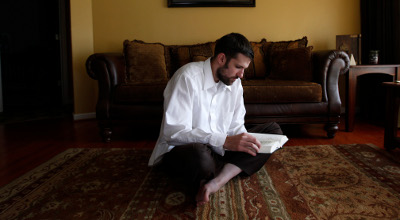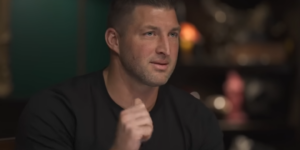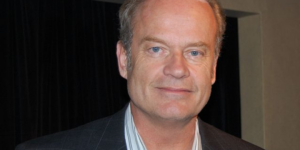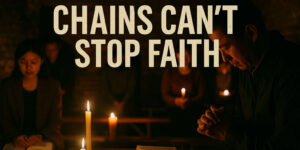‘Chrislam’ Rising
Communities across the nation are taking Christianity and Islam—two diametrically opposed theologies—and working to blend them together.
“Chrislam, as the name suggests, is a growing movement wherein some Christians are seeking to find common ground with Muslims,” explains theologian Bill Muehlenberg of the doctrine that began in Nigeria in the 1980s. “Indeed, it actually seeks to combine Christianity with Islam.”
Chrislam has gained significant momentum since the seed was planted nearly three decades ago. Earlier this year Christian communities in Dallas, Chicago, Washington, D.C, and other cities placed Qurans in church pews—right alongside Bibles—and preached about the Prophet Muhammad.
Chrislamists use similarities, such as the monotheistic elements of Christianity and Islam, to unite believers under a common banner. For example, Chrislam advocates point to the mention of Jesus 25 times in the Quran, as well as congruent teachings on morals and ethics. By identifying these supposed parallels, proponents believe they are drawing a spiritual sword to battle atheism and polytheism and solving a deadly conflict in the West.
Bible-believing Christians are rejecting the movement. Tim Forsthoff, senior pastor of Cornerstone Church in Highland, Mich., is one of many speaking out against it. “We are not brothers with those who reject Christ. We are not part of the family of God with those who deny the death and resurrection of Jesus Christ,” he stresses.
In June, Jack Van Impe, the popular end-time television host, walked away from TBN in the wake of a dispute over naming well-known ministers he claims are mixing Muslim and Christian beliefs. TBN decided to pull the broadcast, and Van Impe cried censorship and ended the 23-year relationship. “When I see heretical teaching leading to apostasy, I will speak out,” Van Impe said.
Paul L. Williams, an author, journalist and professor, blames the ideal of multiculturalism for the successful spread of Chrislam. He says most Christians think multiculturalism and diversity are the best things for the U.S. In some American pulpits today, speaking against diversity is a sin, he notes.
“People have been led to believe all cultures are equal, that all religions are equal. The No. 1 culprit here is embracing … the different cultures,” Williams says. “[Muslims] are coming in and converting the Christians.”






































